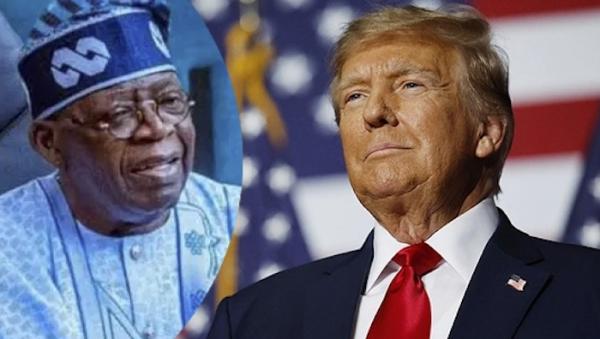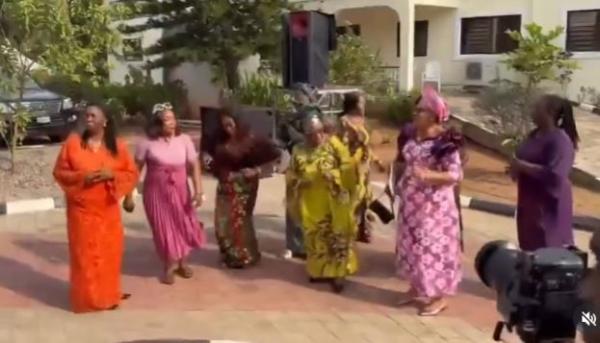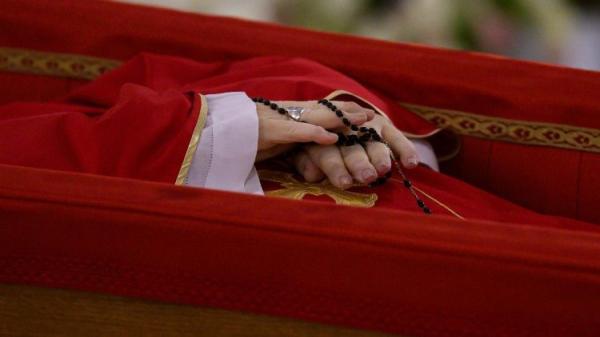
INEC Chairman; Prof. Attahiru Jega
As part of preparations for the general election, the Independent National Electoral Commission (INEC) will be conducting field tests on the functionality of the smart card readers (CRs) to be deployed for the accreditation of voters on Election Day.
According to the commission’s Decision Extract issued recently and signed by its Director, Commission’s Secretariat, Ishiaku A. Gali, the field tests would take place in two states of each of the six geopolitical zones of the federation and it would take place simultaneously on Saturday, March 7, 2015.
The states selected for the exercise are: Ekiti and Lagos in the South-west; Anambra and Ebonyi in the South-east; Delta and Rivers in the South-south; Kano and Kebbi in the North-west; Bauchi and Taraba in the northeast; and Niger and Nasarawa in the North-central zone.
According to INEC, the Resident Electoral Commissioners (RECs) of the selected states would be charged with the tasks of selecting registration areas with the full complement of Permanent Voters Card (PVCs) and with an appreciable distribution of such PVCs for undertaking the field test.
Also they are to ensure that the register of voters in respect of all polling units in the selected registration areas is printed for the conduct of the exercise.
INEC further directed its national commissioners to supervise the conduct of the exercise in their zones, adding that RECs who are not selected for the exercise should observe the conduct of the exercise in their zones in conjunction with the national commissioners, and they would carry out engagements with key stakeholders at the state level, and in particular, stakeholders in the selected registration areas where the exercise would be conducted to ensure massive participation by registered voters.
Providing further clarification, the commission’s Director, Voter Education, Mr. Oluwole Uzzi, yesterday stated that the demonstration of the pilot scheme in two states in each of the six geopolitical zones is aimed at explaining to the people what the card reader technology is all about.
He added that over 700,000 ad hoc staff would also be engaged in the over 150,000 polling units across nation and debunked the misconception that the use of card readers would amount to electronic voting.
The Electoral Act does not allow electronic voting, he asserted.
Uzzi spoke at a youth enlightenment workshop in Abuja, explaining: “The card reader has the biometrics of everybody registered in any polling unit, it carries the name, photograph and other details of the voter.
“It is also to authenticate the person who has the card. We are practically taking these cards around these 12 states. If you are not the owner of the card, your biometrics will not be verified.
“All the details will be transmitted to the central server for all to see. It is a technological backbone that will nullify all illegal votes.”
He said for the test run, INEC would select a particular ward in a local government of the selected 12 states for the testing.
“If you have your card and you are registered in any particular area, you will go there and we will demonstrate how we are going to deploy the card readers,” he said.
Uzzi however cautioned that a negligible error could occur in the course of deployment, but assured his audience that 99 per cent accuracy of the card reader could be guaranteed.
Their deployment, he said, would drastically nullify all irregularities in the voting process.
In a related development, a Federal High Court in Abuja has refused an application brought by four registered political parties – United Democratic Party (UDP), Action Alliance (AA), Allied Congress Party of Nigeria (ACPN) and Alliance for Democracy (AD) – seeking to restrain INEC from using the electronic card readers in the conduct of the polls.
The political parties are challenging the powers of the electoral body to introduce a process not specifically provided for in the statutes as it prepares to conduct the polls.
The suit was filed by Alex Iziyon (SAN), Bolaji Ayorinde (SAN), Ikechukwu Ezechukwu (SAN) and Adekunle Oyesanya (SAN) on behalf of the four political parties.
Arguing the ex parte application, Iziyon told the court that the proposed use of the card readers was contrary to the provisions of the Constitution as well as the Electoral Act.
Iziyon told the court that the National Assembly had legislated on the Electoral Act to govern the conduct of elections in Nigeria and that the “head is the Electoral Act while INEC is the body”, contending that the body could not be more important than the head.
He submitted that the Electoral Act, in section 52(1), prohibits electronic voting but the electoral body had gone ahead to introduce electronic voters’ card readers.
“My Lord, this is what brought us to this court. INEC wants Nigerian voters to subject themselves to electronic voters’ card readers, an electronic component which is expressly prohibited.
Anything to do with electronic magnetic capturing properties cannot be allowed in the conduct of the election,” he argued.
He urged the court to temporarily restrain the electoral body from implementing, commencing or directing the use of the card reader machine for the forthcoming election, pending the determination of the suit and further urged the court to bridge the time within which the electoral body would be allowed to file a response in view of the nature of the case which, according to him, has a robust electoral jurisprudence.
Relying on a suit decided by a federal high court in Ebonyi Division in 2003, where the open secret ballot system was adopted by the state Independent Election Commission in the conduct of local government elections contrary to the provisions of the Electoral Act, he insisted that the card readers could not be allowed to take the place of accreditation as prescribed by the Electoral Act.
But in his ruling on the ex parte motion, the trial judge, Justice Adeniyi Ademola, noted that though the political parties had shown that they have legal rights and that the case was triable, he held that the parties would not suffer any irreparable harm if the electoral body was given the opportunity to be heard before the interim orders being sought could be granted.
Consequently, the court declined to make any interim order against the electoral body on the proposed use of the electronic card readers.
However, it abridged the time for INEC to file its response to four days after receiving court papers on the matter.
Hearing on the substantive motion on notice was thereafter adjourned to Tuesday, March 10.
The parties are among the 16 parties that supported the Peoples Democratic Party (PDP) in objecting to the conduct of the elections as earlier scheduled.
They also have adopted President Goodluck Jonathan (the presidential candidate of the PDP) as their candidate.
They based their prayers on the grounds that the use of card reader machine for the forthcoming elections was not in conformity with the Electoral Act and that their members across the country who have been enlightened on the accreditation procedure as contained in the Electoral Act would be disenfranchised as they were not educated on the use of card readers.
Source: THISDAY






















